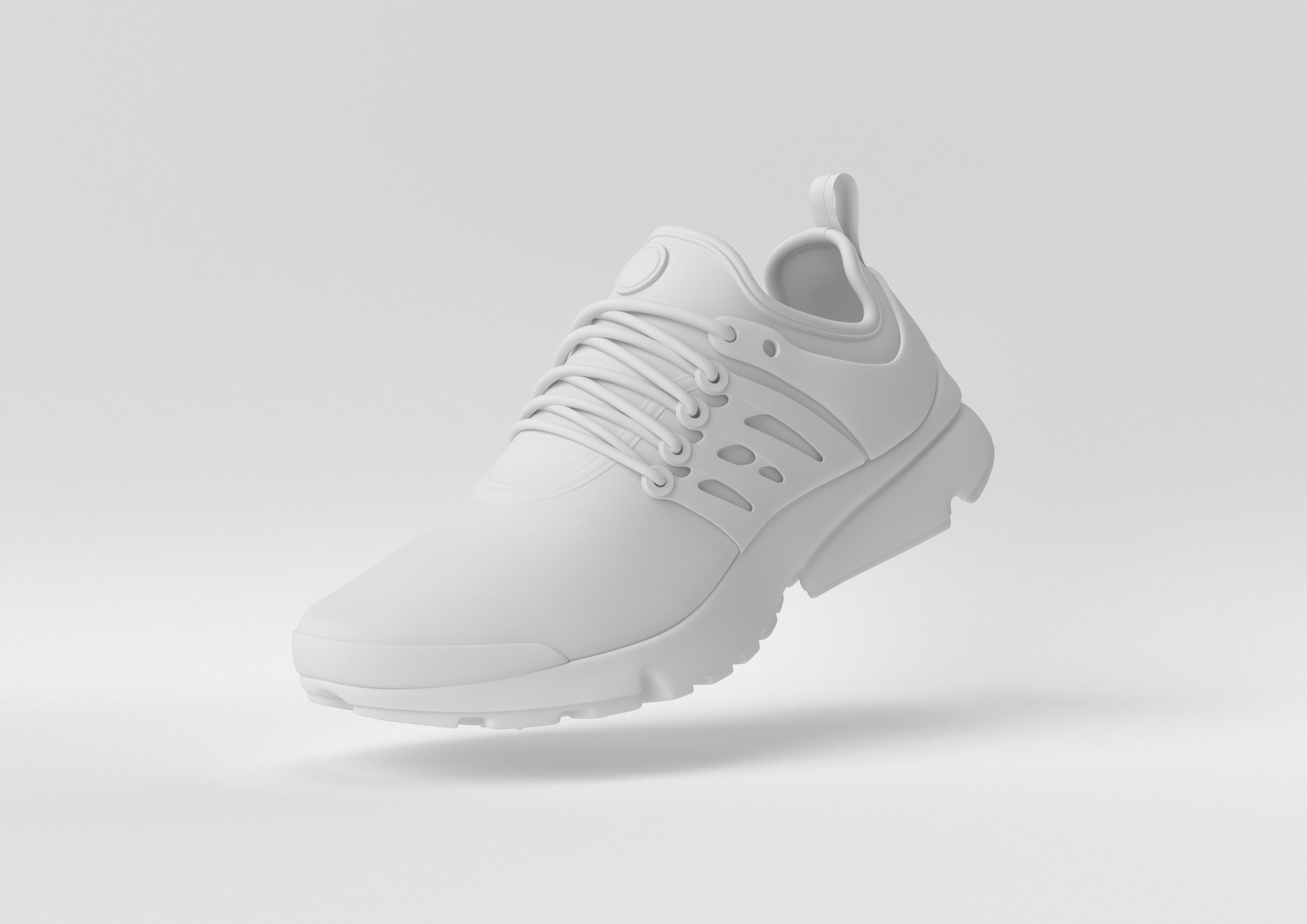This condition affects people with type 1 or type 2 diabetes and is caused by peripheral neuropathy, which is a loss of sensitivity in the feet when the nerves are affected. This may result in the plantar tissue being destroyed or developing ulcers. This is known as diabetic foot.
In order to prevent significant issues that could, in some situations, result in amputation, it is crucial to monitor and treat this condition. Among the several recommended solutions, specialized footwear stands out as a must-have. Let us explain why.
Diabetic foot: the importance of buying quality footwear
Not only should someone with diabetic feet wear good shoes, but also choose models designed for their specific condition. Why? Because these unique shoes will cater to the particular criteria of the diabetic foot, offer comfort and flexibility to those, who suffer from it, and leave the essential room for the toes, which should not be compressed. These shoes will minimize the risk of injury and skin irritation (blisters, sores, calluses, ulcers, etc.) and will also give the ankles, the heel, and the arch of the foot the support they require.The appropriate footwear selection substantially facilitates the work of the podiatrist and helps diabetic people maintain the health of their feet.
What footwear is appropriate for diabetic feet?
Shoes for diabetic feet differ from regular footwear in several crucial ways.
First, the front of the shoe is wider to accommodate the toes, which should not be squeezed as previously stated. To offer a better fit and more steady support, this particular type of shoe frequently comes with a stabilizer. to offer a better fit and more steady support
Additionally, they are lightweight, naturally rigid, comfortable shoes with a maximum 3 cm heel and as few seams as possible to prevent rubbing issues.
Last but not least, they are more profound than typical shoes to accommodate the insertion of diabetic orthoses.
To prevent maceration of the foot when it perspires, the material of the shoes is essential and must be of good quality, such as leather.
Adaptive shoes treat more than just the diabetic foot
Orthopedic shoes, also known as adaptive shoes, are not just designed to treat the diabetic foot. Other foot issues, such as deformities and mechanical irregularities in the foot and leg, can be treated using these shoes. For instance, flat feet, hollow feet, plantar fasciitis, heel spurs, hallux valgus, lumbago, club feet, joint discomfort in the ankles, knees, or hips, etc., may all require their prescription. They can also be worn every day for more comfort and relieving the foot and muscles.
There are several types of orthopedic shoes to meet different problems and needs: orthopedic dress shoes, orthopedic work boots, orthopedic shoes for children, prefabricated orthopedic shoes, or custom-made orthopedic shoes.
Get the appropriate footwear to help prevent diabetic foot problems
A healthcare expert must pay special attention to the diabetic foot and monitor it regularly. It is crucial for individuals with this condition to use orthopedic shoes designed for their problems in order to provide the best care and preserve optimal comfort. These shoes can also be used to treat other plantar disorders.
Make an appointment at your nearby FootNetwork clinic to get assessed by a licensed podiatrist if you have diabetes and are not yet wearing the appropriate footwear. They will be able to point you in the proper direction for models and watch out for any issues with your feet.

